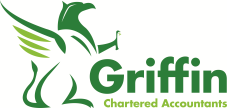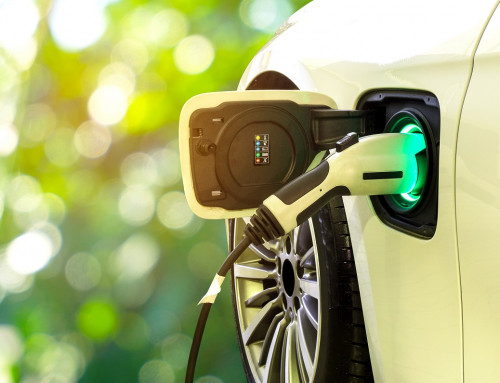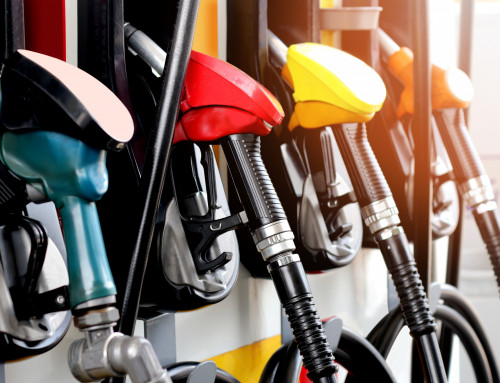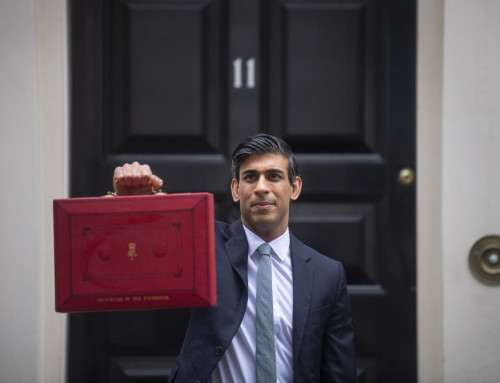VAT Changes for EU transactions
Changes to the way VAT works came in to play on 1 January 2021 when the Brexit transition period ended. Whilst there have been minimal changes to VAT treatment on UK domestic transactions, there have been a number of differences to VAT treatment on international transactions.
Importing goods from the EU
The rules that currently govern imports from non-EU countries will also apply to EU countries from 1 January 2021. However, UK VAT registered businesses will no longer have to pay import VAT when the goods arrive into the UK, but will instead include the VAT on their following VAT return. This change will improve these business’ cash flow in the short term and will apply to both EU and non-EU imports.
In effect, this means that VAT will be payable on the date that goods (under £135) are sold to the consumer, and not the date on which they are imported to the UK. If an Online Marketplace (OMP) is used to facilitate the sales of the goods, then they will be responsible for collecting and accounting for the VAT element of the transaction. Business-to-business sales not exceeding £135 in value are also subject to these new rules. However, if the business customer is VAT registered and provides its registration number to the seller, the VAT will be accounted for by the customer by means of a reverse charge.
Other duty and customs declarations payments will still need to be made as usual. Customs duty will continue to apply to some goods and excise duties will still apply to tobacco, alcohol and certain energy products. These payments can be paid monthly if a ‘duty deferment’ account is created with HMRC.
Selling goods to the EU
Exporting goods to the EU will remain largely unchanged. UK VAT registered businesses will still zero-rate the sale of goods to other EU businesses. EC Sales lists will no longer need to be completed (unless the business is based in Northern Ireland), but UK businesses exporting zero-rate goods will need to retain evidence demonstrating that goods have left the UK. Import VAT and any customs duties will become due when the goods arrive in the EU. An important change to note is the abolishing of ‘Distance Selling Thresholds’. All sales made by UK businesses to EU customers will become zero-rated.
Selling services to the EU
Following the transition period, any services supplied to customer outside of the UK will be treated the same under the VAT ‘place of supply’ rules, which will be largely the same as at present. For UK businesses supplying digital services to non-business customers in the EU, the ‘place of supply’ is where the customer resides. VAT on those services is due in the EU member state in which the customer resides.
VAT will be payable in the consumer’s EU member state for any supplies of digital services. This means that businesses will have to charge VAT at the rate where the customer is based, and declare them in the correct country. To declare the VAT, businesses can either register for VAT in the EU member state, or register for the ‘VAT Mini One Stop Shop’ (MOSS).
Recovering EU VAT refunds
The system for recovering VAT incurred in EU member states electronically has now been abolished. Businesses will now be required to check the requirements for reclaiming VAT with each EU country where VAT is incurred.
Get in Touch
We know that changes to the way your business operates can be an unwelcome surprise, so get in touch if you have any further questions about the impact of Brexit. You can call the office on 01404 41977 or email Anna at Anna@griffinaccountancy.co.uk.




